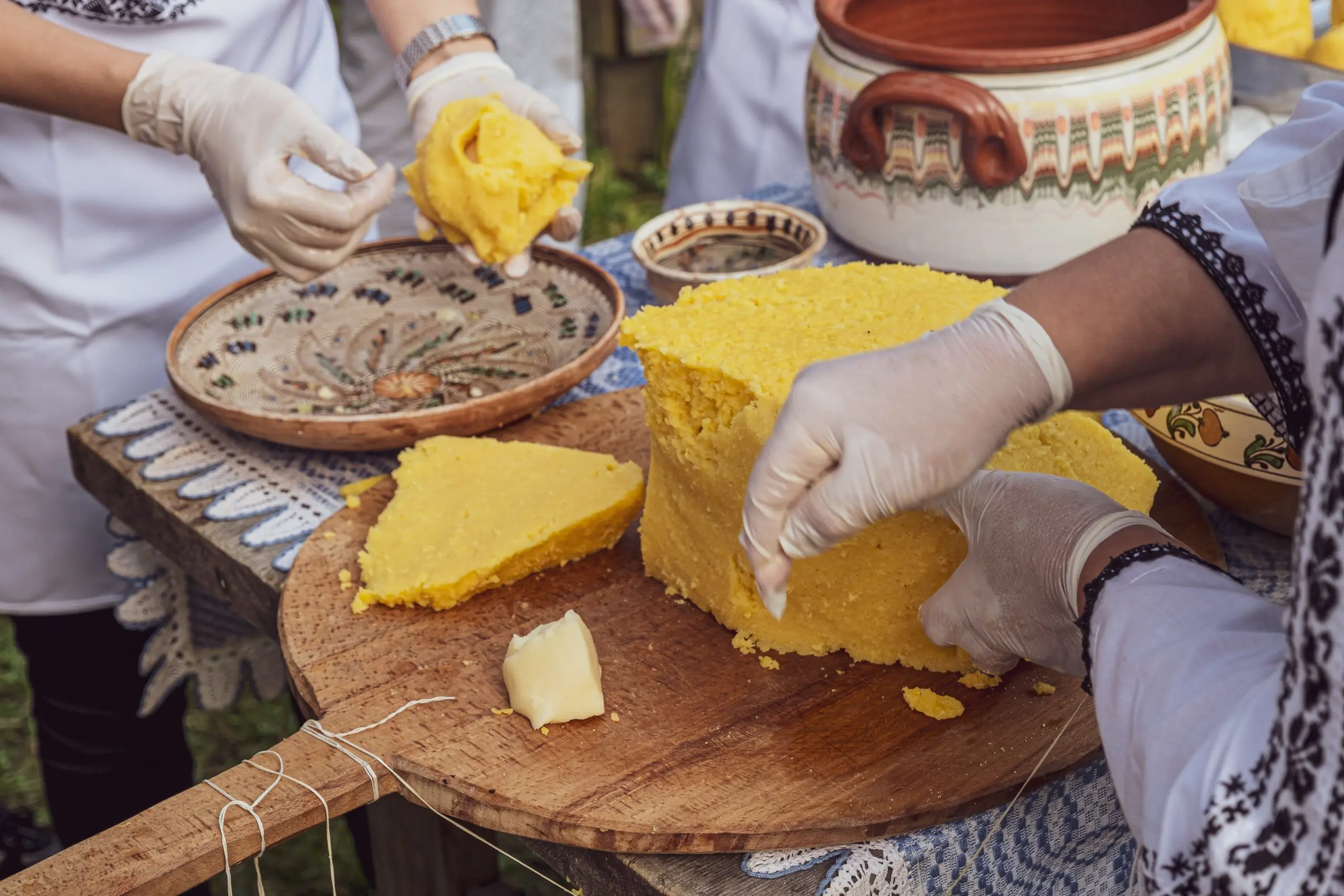Eating & Drinking
“Steamy, spicy, and unimaginably fulfilling, Balkan cuisine won’t disappoint those with an overly sophisticated palate.”
Balkans is a region where the world’s most intense cultural, political, and military interactions took place. After all, it is the very intersection of Europe and the East. The result is a culinary tradition with an intangible rich heritage. At its core, Balkan culinary tradition is widely dependent on the versatile Ottoman cuisine, which itself includes flavors from the Levantine and Byzantine cuisines. The influence of the Mediterranean and Northern European culinary practices join the picture later. Overall, Balkan cuisine is cherished for its extremely complex recipes involving strong and aromatic spices, a variety of ingredients, and a mysterious flavor balance between all these components. Stuffing vegetables is common, and soup is more than a necessity.
The presence, influence, and taste of meat in almost every dish are undeniable in the Balkan culture of food. It is a characteristic resulting from Ottoman cuisine. Grilled and stewed forms of all sorts of meat are common. A typical Balkan dish consists of meat, with rice or bulgur pilaf, cold meze, and salads on the side. Stuffed vegetable dishes are not only favorable as meze but also make great main course dishes, especially when the stuffing includes minced meat. Condiments are an essential part of Balkan culture, reflecting the tradition of preparing for the winter in rural areas. Ajvar is arguably the star element and a must-try, whether on a slice of bread or to spice up the iconic Cevapcici.
There are also famous patties that make perfect quick bites. The East and the Levant know them by the name burek, Romania as plăcintă, and Bulgaria as banitsa. As for drinks, Rakija varieties rule the alcoholic beverage scene, with plum, pear, apricot, and grape flavors.

